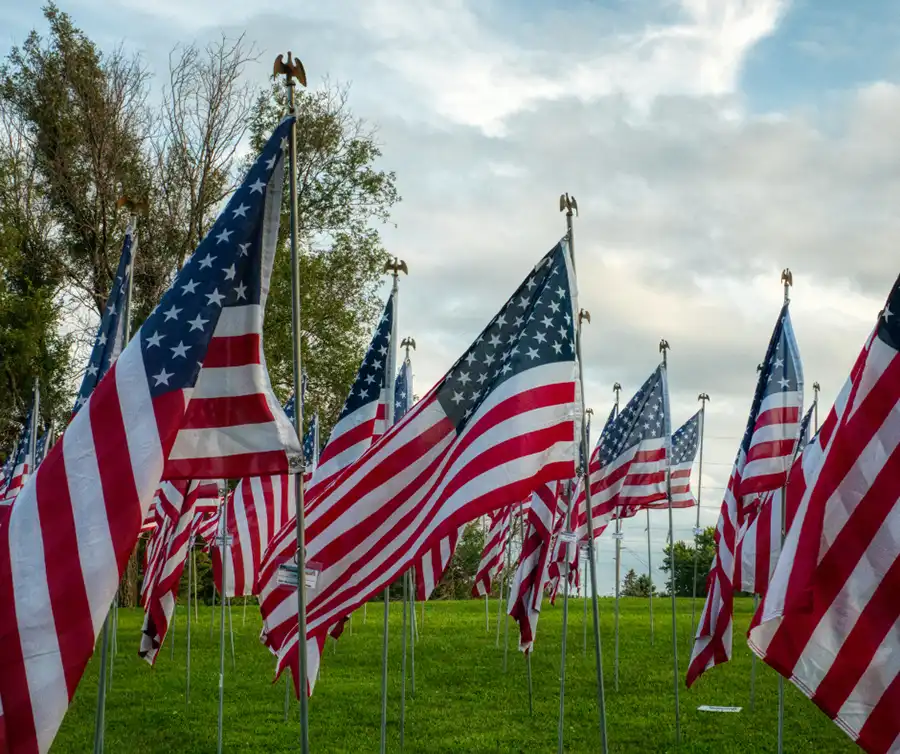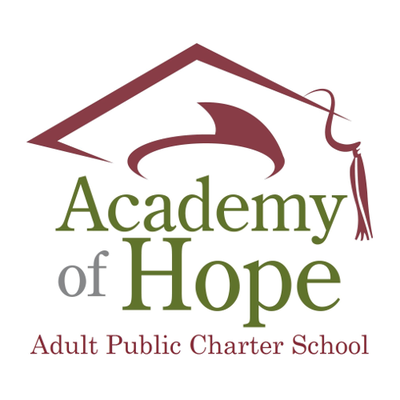
This Veterans Day, we honor and thank those who have served our country, recognizing the unique challenges veterans face in returning home, especially when systematic barriers, like race, education, or socioeconomic status, impact their daily lives.
Although many resources are available to veterans to ease their transition, it can be a challenging one for many.
With declining job markets and reduced federal funding, 3% of veterans are unemployed, higher than the D.C. average. Minorities, females, and disabled veterans particularly face higher unemployment, making them more vulnerable to homelessness and financial instability.
Many find themselves “underemployed.” According to Jonathan “JD” Due, executive director of the Center for Military Transition at the Raymond A. Mason School of Business at William & Mary, the majority of veterans feel their skills and education are not equal to the profession they are in. Such a feeling is due to the average employer’s lack of value for military experience, unable to connect military leadership to expertise in project management, conflict resolution, and more.
Diminishing military experience may also come from a lack of a high school diploma. The U.S. Census Bureau found that 8.9% of veterans have less than a high school degree, which may be due to immediate enlistment at the age of 18.
The correlation between minimizing a military background and employment progression is in the numbers. In a LinkedIn study referred to by Due, “veterans that do get promoted to civilian leadership roles typically need a median of 17 years of experience to reach their first director role and 19 years for a VP position, inclusive of their military experience.” This is nine years more than the average civilian.
At Academy of Hope (AoH), we recognize that talent is everywhere and opportunity is not. Many veterans possess valuable skills but need credentials, such as training certificates, to better translate their experience for civilian employers. Veterans needing a high school diploma can also find new pathways. That’s why we offer FREE GED/NEDP and workforce programs to adults in D.C., helping veterans qualify for more jobs, advance their professional careers, and gain confidence in their civilian transition.
Adults 18+ can enroll in AoH’s General Education Development (GED) program to earn their high school diploma. Classes are available in-person or online, working with teachers to prepare for tests in four subject areas: language arts, math, social studies, and science. Learners with higher life experience can enroll in the National External Diploma Program (NEDP), collaborating with an assessor to earn their high school diploma at a self-paced rate.
All workforce programs prepare learners to find positions in high-demand fields, including healthcare (Certified Nursing Assistant (CNA), Phlebotomy Technician Training (PTT), Medical Billing and Coding), information technology (CompTIA), and Project Management. Programs average six months to a year for completion, accelerating industry readiness.
Veteran assistance is also available. Our Student Support Specialists are here to help veterans connect with federal and state assistance programs, including Veteran Affairs. The understanding and accessibility of these resources keep learners in school and on the pathway towards economic mobility.
By ensuring equal educational opportunities for everyone, AoH helps learners transform their lives, their families, and their communities for generational change.
